A cry for help.....
A recent IPPR study reported in The Guardian has found suicides among UK university students at record levels (The Guardian, 2 September 2017 - Suicide is at record level among students at UK universities, study finds).
We have known for a long time about rising demand for university counselling services and a common assumption is that it is a response to rising student debt due to tuition fees and that universities need to invest more in those services. Well, yes, they do, but the issue is far more fundamental than that on at least two different levels.
The first is that rising mental health issues among university students has close links to their experience of an education system that benchmarks them and (most importantly) their schools at every step along the way to university. If the focus in schools is primarily on getting the best grades so the school performs better in league tables (see St Olave's allows rejected sixth-formers to return to school, The Guardian 1 September 2017) don’t be surprised by the resulting mental health crisis among their students, which they carry over into university. This overriding focus in schools on outcomes and the often unrealistic expectations created (blame successive political meddling for this) rather than the learning process means students are increasingly ill equipped to cope with a different learning style at university, one that expects them to be more self-reliant and independent as learners.
The second issue is the need for greater recognition of mental health and well-being as a preventive strategy among universities, as opposed to trying to fire-fight the ever-rising increase in symptoms. Many of the mental health issues students experience - anxiety, stress, low self-esteem, depression – can often be prevented or managed by students themselves with the right skills training. When students try to access student counselling services at university – and find 10-12 week waiting times (a third of an academic year) it is too late – their university life, their degree, their expected career may already have been disrupted for good. And that relates only to those who seek help. The rise in suicides suggests too many clearly are not even seeking, or able to seek, help in time.
The answer? Well, it actually needs an integrated response to both these problems. Mental health skills training, such as the Relaxation and Resilience skills training I provide to Masters students in Environmental Technology at Imperial College London - provided as part of wider transferable skills training and therefore given to all - enables all students to access the tools they can use themselves to prevent issues getting out of hand: mindfulness, relaxation, assertiveness, problem solving skills etc. Offering it to all as transferable skills also helps remove stigma from discussing mental health issues. And integral to this is a mindful approach to learning – one that focuses on enjoying the process of learning rather than a focus on outcomes, i.e. how you do in exams or assessments.
A mindful approach to learning is to focus on the here and now, the present moment as you learn – to be a curious observer, to take pleasure in knowledge and learning for their own sake as a way of continuous personal improvement and empowerment; the sheer joy of learning, that has been lost for so many through the school education system focus on results. Rather than be fixated on the future – how will I do? What if I fail? Life will be a disaster. The future is not reality, nor is the past - only the present is – so worrying about the future or ruminating on past mistakes is fruitless. Mistakes are how you learn, more than from successes. But if you view mistakes – or missing out on high marks – as a failure then you end up believing you are a failure. Except you’re not – as an academic of more than 30 years’ experience I can safely say that grades are not a good indication of someone’s worth! Some of the most intelligent, motivated students I have met have not been good performers in exams/assessments, but have gone on to forge very successful careers, and to recognise the importance of other things in life beside work – friendships, family, health, making a contribution, worthwhile work – building clarity in their own personal values and a balanced perspective on life.
So, resilience skills training and a mindful approach to learning is needed in schools – as well as in universities – to better prepare young people for life and all it may throw at them, as well as greater resources for counselling services to support those who will still need them. But to do this requires a complete change in mindset in the way primary and secondary education is delivered today – away from an almost obsessive focus on outcomes (which aren’t the sole determinants of an individual’s success in work, or even the determinant of being employed by an employer) and to a love of learning. Because if you love learning the chances are you will do well in your chosen field – not everyone has to be the best, but everyone can make a contribution, which is a much more meaningful ambition for most of us.
Bill Sheate - 8 September 2017

